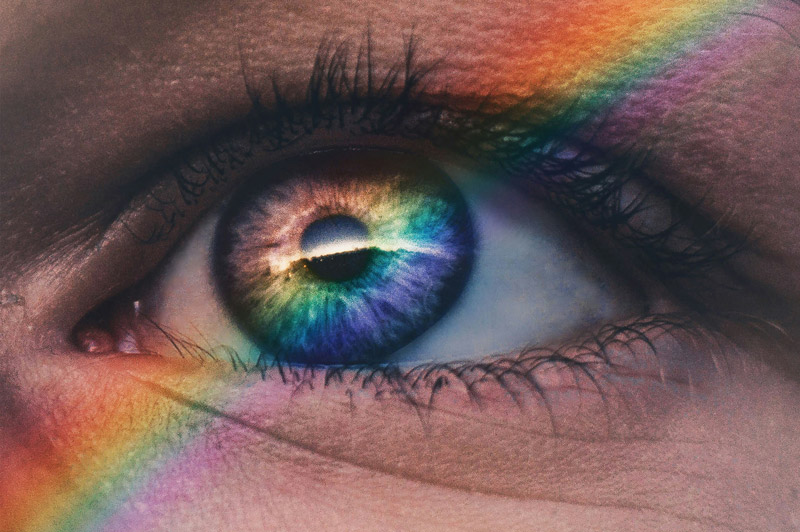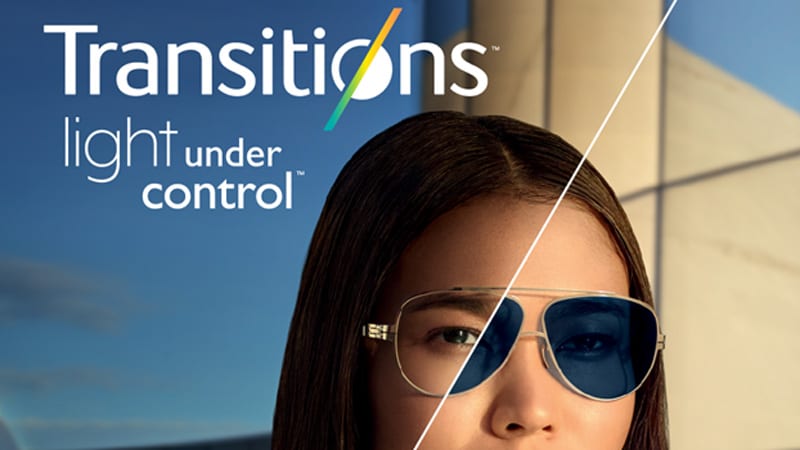
March may signal the winding down of summer, but don’t be fooled by the cooler weather – harmful UV rays are still at play, even on overcast days. (Did you know that over 80% of UV radiation can still get through on a cloudy day? Plus, it might surprise you to know that September to April are the months with the highest levels of UV in New Zealand.)
As we approach the end of summer, it’s important to stay SunSmart, especially in New Zealand where March serves as our official reminder to be SunSmart.
UV levels peak during summer but remain significant in spring and autumn. Understanding UV levels is key:
- Low UV (1-2): Generally safe for outdoor activities but caution for prolonged exposure.
- Moderate UV (3-5): Sun protection is necessary.
- High UV (6-7): Protection is essential.
- Very high UV (8-10): Seek shade and additional cover (e.g. a hat).
- Extreme UV (11+): Reschedule outdoor activities for early morning or evening.
You can easily stay informed about UV levels in your area using resources like Windy on Google Play or the App Store, or by visiting NIWA for today’s UV index.
With excessive UV exposure linked to corneal damage, cataracts, and macular degeneration, protecting your eyes is important. Here are some tips you can follow to make it easy:
Invest in Quality Sunglasses: Look for labels indicating 100% UV protection or UV400.
Consider Polarised Lenses: These lenses reduce glare from surfaces like water, sand, and pavements, enhancing visual clarity and comfort.
Try TransitionsTM Lenses: These lenses constantly adjust to changing light conditions, providing continuous UV protection. TransitionsTM Lenses automatically lighten when indoors and darken when outdoors. We have these in stock in a range of colours including emerald and blue.
Wear a Wide-Brimmed Hat: Pairing sunglasses with a wide-brimmed hat adds an extra layer of protection by shading your face and your eyes from direct sunlight.
Be Mindful of Peak Sun Hours: Avoid prolonged outdoor activities between 11am and 3pm when UV rays are strongest. Schedule your outings for the early morning or late afternoon.
Stay Hydrated: Dehydration can lead to dry, irritated eyes, making them more susceptible to damage from UV radiation. Stay hydrated by having a water bottle handy, especially when spending extended periods of time outdoors.
Protect Kids’ Eyes: Childrens eyes are more susceptible to UV damage as their ocular lenses are still developing. By ensuring children wear sunglasses and hats outdoors, you’ll be instilling SunSmart habits for a lifetime.
By adopting these SunSmart practices, you can safeguard your vision for years to come.
Is it time to come and see us?
If you have concerns about your eyes or your vision, schedule an eye test today with our optometrists in Johnsonville or Lower Hutt using our convenient online booking tool.
Rest assured, at Black Gates Optometrists all our prescription glasses have built in UV protection.


